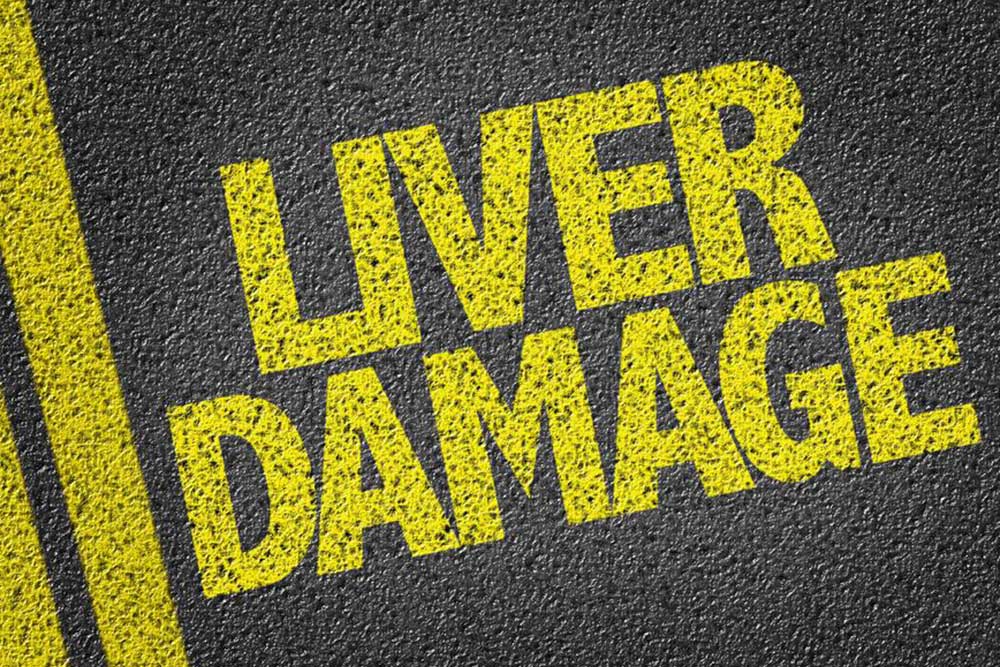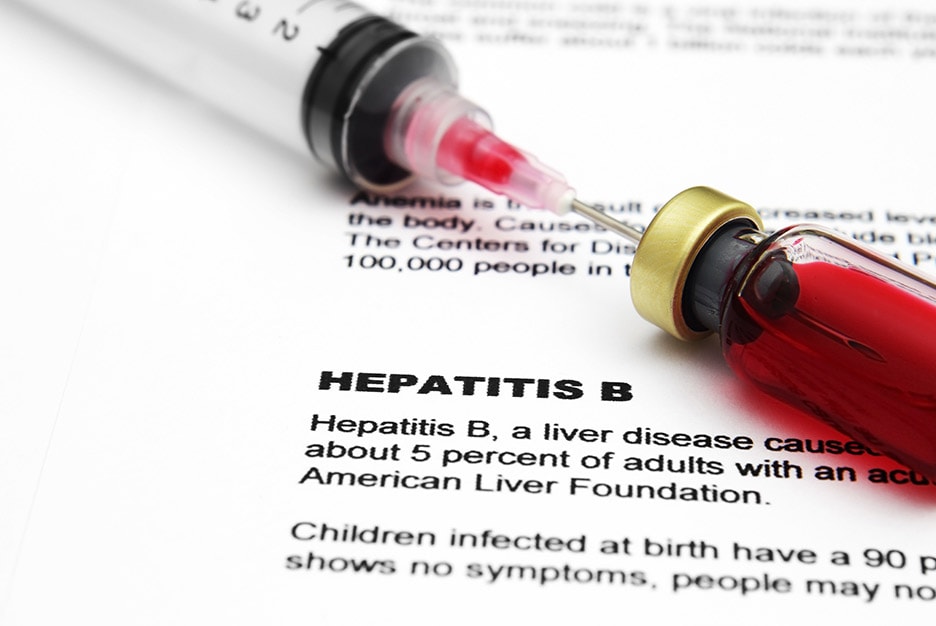Early Warning Signs of Liver Problems You Must Recognize
Learn to identify key early warning signs of liver damage, including jaundice, itchy skin, swelling, and bruising. Recognizing these symptoms promptly can help in timely diagnosis and treatment, preventing serious complications. Understanding liver functions and damage signs is vital for maintaining overall health and avoiding liver-related disorders.
Sponsored

The liver is the largest internal organ and plays a crucial role in maintaining overall health. Often overlooked until issues arise, understanding its functions and recognizing early symptoms of damage can prevent severe health complications. The liver is responsible for producing vital fats, proteins, and carbohydrates, as well as detoxifying harmful substances like toxins, alcohol, and drugs. Protecting this organ is essential for a healthy body and avoiding disorders caused by liver dysfunction.
Located in the upper right abdomen, the liver connects with the intestines and gallbladder via bile ducts, aiding digestion by transporting bile. It receives blood from both the portal vein and hepatic artery, allowing it to absorb nutrients and supply oxygen-rich blood to liver tissues. Interestingly, the liver can regenerate damaged cells, but persistent issues can impair its ability to function properly.
Signs Indicating Liver Damage
Maintaining a healthy liver is vital because its failure to filter blood effectively can lead to serious health problems. When the liver is compromised, certain symptoms become evident. Recognizing these early signs can help in prompt treatment and prevent further damage.
Yellowing of Skin and Eyes
One of the most noticeable signs of liver trouble is jaundice — a yellow discoloration affecting the skin and eyes. This results from bilirubin buildup in the blood, caused by the liver's inability to process this pigment properly. Common causes include hepatitis, excessive alcohol intake, exposure to toxins, and infections.
Itchy Skin
Persistent and generalized itching across the body can be linked to liver issues, as toxins accumulate in the body. This symptom may also be associated with kidney problems, thyroid disorders, or cancer, but in the context of liver disease, it indicates compromised detoxification.
Swelling and Bloating
When the liver fails to perform its functions, fluid retention can occur, leading to swelling in the legs, abdomen, and other areas. This swelling results from water buildup caused by impaired protein synthesis and circulation issues.
Easy Bruising and Bleeding
Liver damage affects the production of clotting factors, increasing susceptibility to bruises and bleeding. This is often a sign of reduced protein synthesis, indicating serious liver impairment.
Asymptomatic Cases
Sometimes, liver problems develop without obvious symptoms, especially in early stages. Individuals may experience general fatigue, weakness, or lack of motivation. Over time, toxin accumulation can affect brain functions, leading to confusion, nausea, diarrhea, and, in severe cases, coma. Recognizing these signs early and seeking medical attention is key to preventing irreversible damage.






